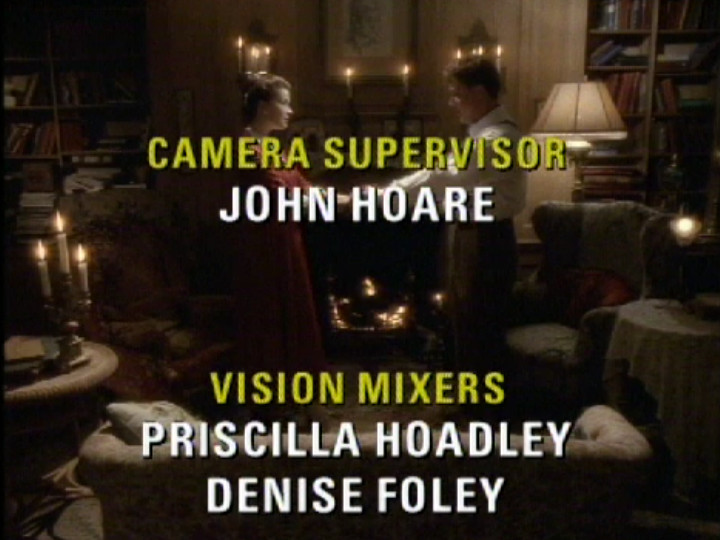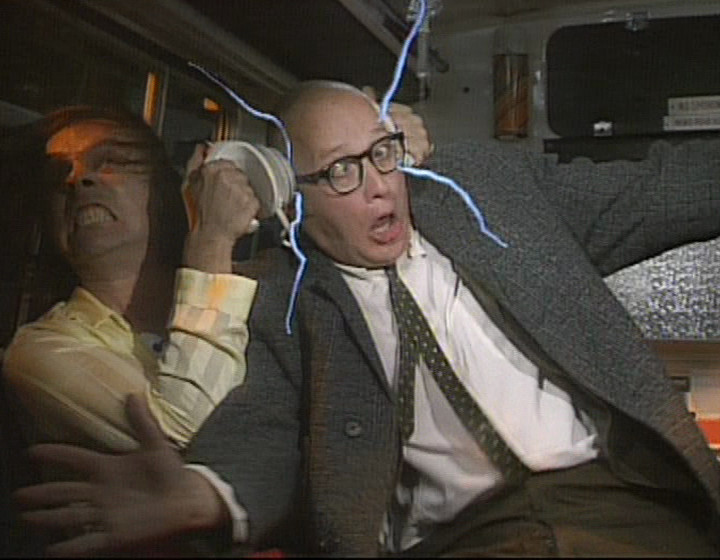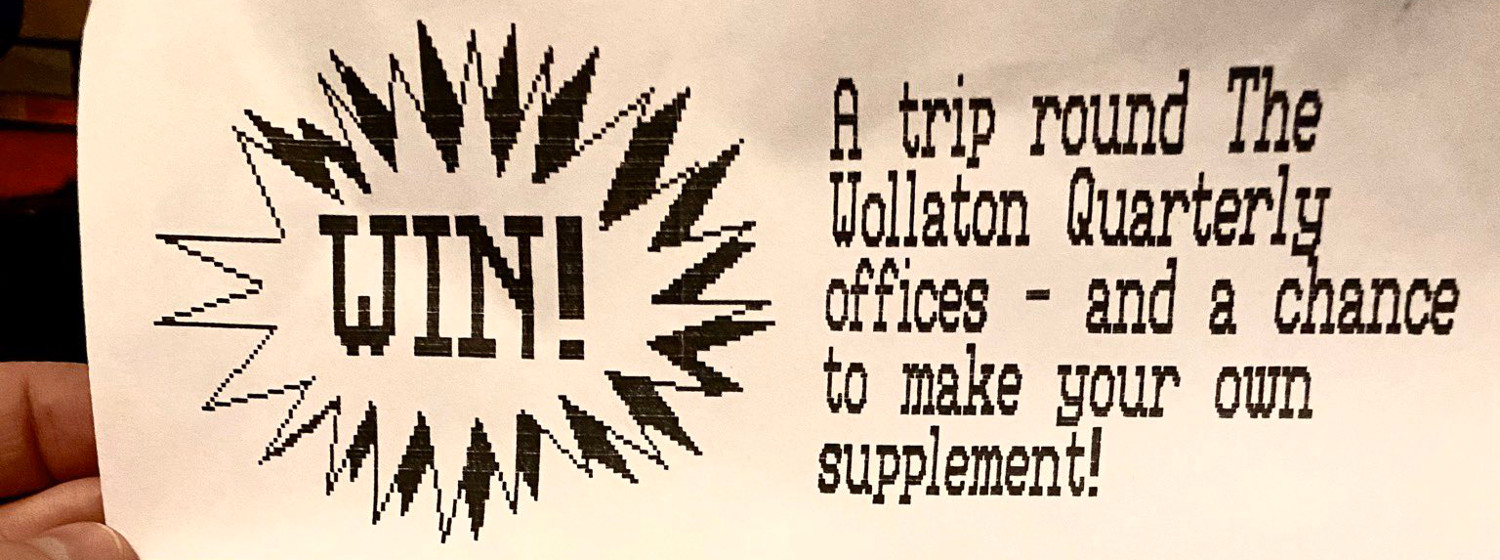It was in a field aged 18 when I finally realised just how boring I was.
It was a party. One of those all-day parties that teenagers are supposed to have a great time at. Moreover, it was an all-night party too. My friend was pretty cool. His family owned a farm, so we could pitch tents in one of the fields and sleep over. I don’t know how much sex happened in those tents. I wasn’t invited to those. I do know there was some fingering going on. I wasn’t invited to that, either.
It was an odd mix of people at those parties. I had the fortune – or perhaps misfortune – to fall in with a vaguely cool crowd, without being remotely cool myself. This could make things fun. It could also mean you spent a long time looking around you, feeling vaguely inadequate. As for who was there: it was a real mix. There were nice people there, there were utter dicks, there were nice people pretending to be utter dicks, and there were utter dicks pretending to be nice. I’m sure everyone has grown up and is lovely now.1
But at this party, I was particularly at a loss. There were just too many people. Sometimes these parties were smaller affairs, but with this one, everyone had managed to show up. Including loads of people I’d never met before. I worked best in small groups; put me with too many people, and I used to freeze up entirely.
Not to matter. I’d managed to find myself part of a circle, with the nerd group. The computer guys. Surely I could be happy here? The party’s host admonished us; we should stop being sad and go and talk to other people, rather than take the easy way out. I don’t think we listened. It was scary out there.
Except I had a problem. What had felt like a safe group turned out to be anything but. They all knew far more about computer stuff than I did. I very rapidly came to the conclusion that I had nothing to say to these people. I mean, literally: nothing. What possible thing could I actually say? They knew far more than I did about any given topic that might have cropped up. I had sod all to offer.
I have rarely felt more alone than at that moment. If I had nothing to say to the computer nerd gang, I had even less to say to everyone else. I suddenly became acutely aware of how utterly boring I was. I knew nothing, I had no interesting ideas, I couldn’t even talk about stuff I liked with any kind of wit.
I felt… empty.
* * *
I get the idea that looking back, I’m supposed to say that I wasn’t really that boring after all. That everyone is pretending to be interesting at 18 – or 28, or 38 – and that nobody else at that party was more interesting than I was.
There’s an element of truth to that, sure. There was no doubt a lot of posturing from others going on. But I don’t think my appraisal of myself was completely off the mark either. When I was 18, I really didn’t have very much of interest to say. More to the point, there were very definitely loads of people at that party who were more engaging than I was.2 And I really did know jack shit about computers compared to others there, my supposed area of interest. If I was harsh on myself at the time, I wasn’t entirely incorrect either.
Am I better now, over two decades on? Yes, better. But not perfect. Sometimes, the spectre of that party will suddenly make itself very obvious indeed. And I’ve dealt with that in various different ways over the years. Certainly, the shortcut of just saying something shocking is something I’ve dragged out rather too often in the past. Sometimes, it was actually funny and worth it. Sometimes, it was… not. A few particular memories of when it was not aren’t stories I’m going to bring out in polite company, Or indeed any company.
But even without resorting to that, I can struggle my way through nowadays better than any other time in my life. I’m not brilliant. But I manage. Just.
* * *
I sometimes think I post too much here on Dirty Feed. This didn’t use to be the case; there have been times when I’ve struggled to find the time or energy for this place. But not any more. And over the past few years, even when I’ve tried to take a break, I’ve spectacularly failed to do so.
Most obviously, this happened at the start of 2021, where I wanted to put the site on hiatus and do something else for a bit… and then didn’t. But even last month, I tried to take a smaller break, and just couldn’t manage it. I was back posting here just two weeks later.
There are lots of reasons why I find it hard to step away from here, both good and bad. But one big reason is that I eventually figured out how to write in a way that some people find interesting. Certainly not to all people, or even to most people. I’m interesting to a vanishingly small number, really. But that number is still enough to make me happy.
Because while I manage to write things that people find interesting here, I can battle those demons of when I was 18… and the least interesting person who ever lived. And if I squint, maybe it can feel like I won.
Just briefly.



